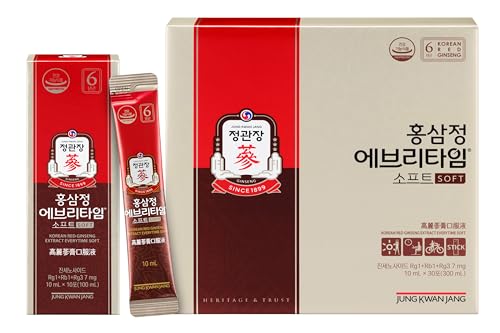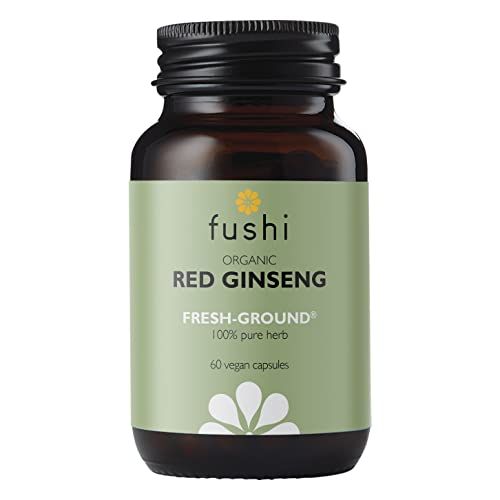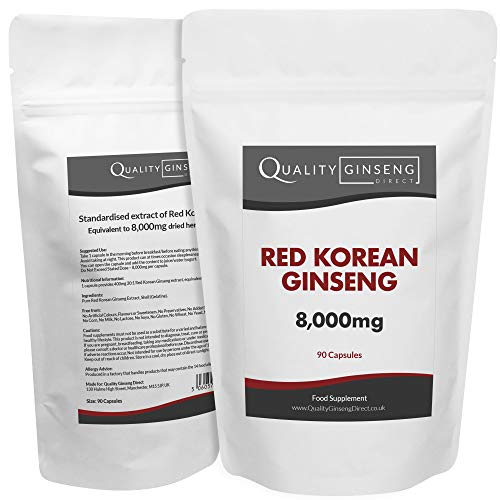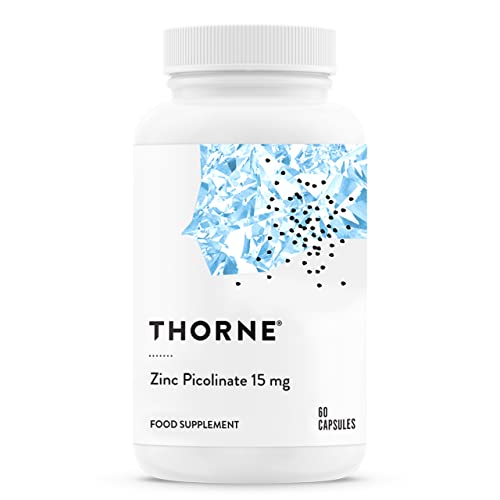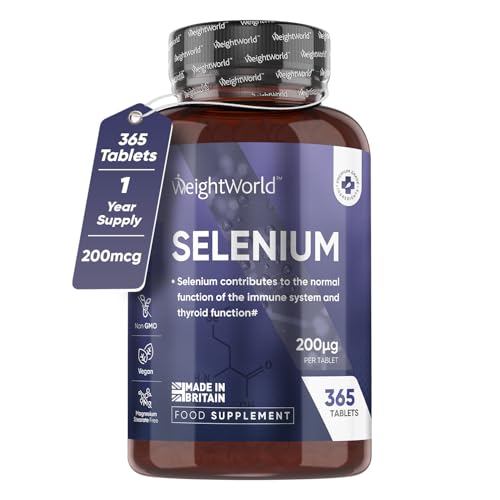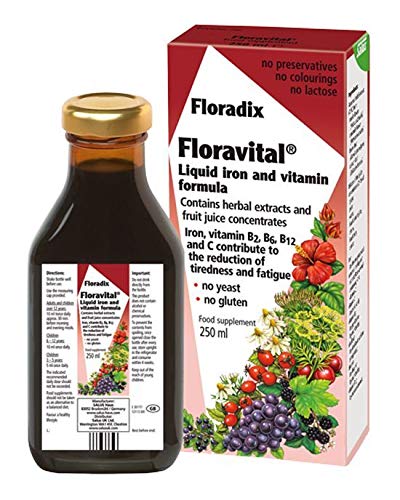Understanding Red Ginseng: What It Is and How It Works
What is Red Ginseng?
Red ginseng is a herbal root that has been used for centuries in traditional medicine, particularly in Asia. Unlike white ginseng, which is harvested fresh and dried, red ginseng is steamed and then dried, giving it a distinct red hue. This process is believed to enhance its medicinal properties, making it more potent. The primary active compounds in red ginseng are ginsenosides, which play a crucial role in how it affects the body.
How Does Red Ginseng Work?
Red ginseng is touted for its adaptogenic properties, meaning it helps the body adapt to stress and promote overall balance. It affects numerous bodily systems by enhancing mental clarity, boosting energy metabolism, and even supporting the immune system. When consumed, the ginsenosides interact with our body’s receptors, essentially improving our energy levels, reducing fatigue, and enhancing cognitive function.
Key Benefits of Red Ginseng: Boost Your Energy Naturally
Natural Energy Booster
One of the most compelling reasons to consider red ginseng is its ability to naturally boost energy levels. Imagine starting your day feeling more alert and focused. Regular use of red ginseng has been linked to improved stamina and physical performance, making it an excellent choice for those needing an additional energy boost without relying on caffeine or other stimulants.
Enhances Mood and Reduces Stress
Using red ginseng can also positively impact your mood. Many users report feeling less anxious and more resilient in stressful situations. This is attributed to its adaptogenic qualities, which help your body manage stress more effectively. Picture navigating a hectic day with a calmer disposition, all thanks to a bit of red ginseng.
Choosing the Right Red Ginseng Product: Forms and Dosages Explained
Different Forms of Red Ginseng
Red ginseng is available in various forms, including capsules, powders, teas, and extracts. Capsules are convenient and easy to dose, while powders can be mixed into smoothies or other drinks. Teas offer a soothing way to enjoy red ginseng’s benefits, and extracts can provide a more concentrated version for those seeking potent effects. Your choice will depend primarily on your preferences and lifestyle.
Determining the Correct Dosage
When it comes to red ginseng, dosage is important for experiencing its benefits. Common recommendations typically range from 200 to 400 milligrams of concentrated extract per day. However, what works best can vary based on personal health needs and lifestyle factors. It’s wise to start at a lower dosage to see how your body reacts before gradually increasing it.
How to Integrate Red Ginseng into Your Daily Routine
Simple Ways to Add Red Ginseng
Incorporating red ginseng into your daily routine can be straightforward and enjoyable. If you choose capsules or powder, you can take them alongside your breakfast. For those who prefer teas, brewing a cup in the morning or during a mid-afternoon slump can provide both relaxation and revitalisation. Additionally, adding red ginseng powder to post-workout shakes can promote recovery and further enhance energy levels.
Staying Consistent is Key
The key to reaping the benefits of red ginseng is consistency. Incorporate it as part of your habitual wellness routine, similar to how you might take a multivitamin or probiotic. Making it a daily ritual will not only help you remember to take it but will also allow your body to adjust more effectively, leading to improved outcomes over time.
Frequently Asked Questions about Red Ginseng: Your Essential Guide
Is Red Ginseng Safe for Everyone?
While red ginseng is generally considered safe for most people, individuals with specific health conditions or who are taking certain medications should consult with a healthcare provider before starting supplementation. This precaution ensures that red ginseng won’t interfere with existing treatments or conditions.
Can I Take Red Ginseng with Other Supplements?
Yes, you can often combine red ginseng with other supplements, particularly those aimed at boosting energy or enhancing cognitive function, such as ginkgo biloba or B vitamins. However, listening to your body and noting any adverse effects is crucial, particularly when starting any new combination.
